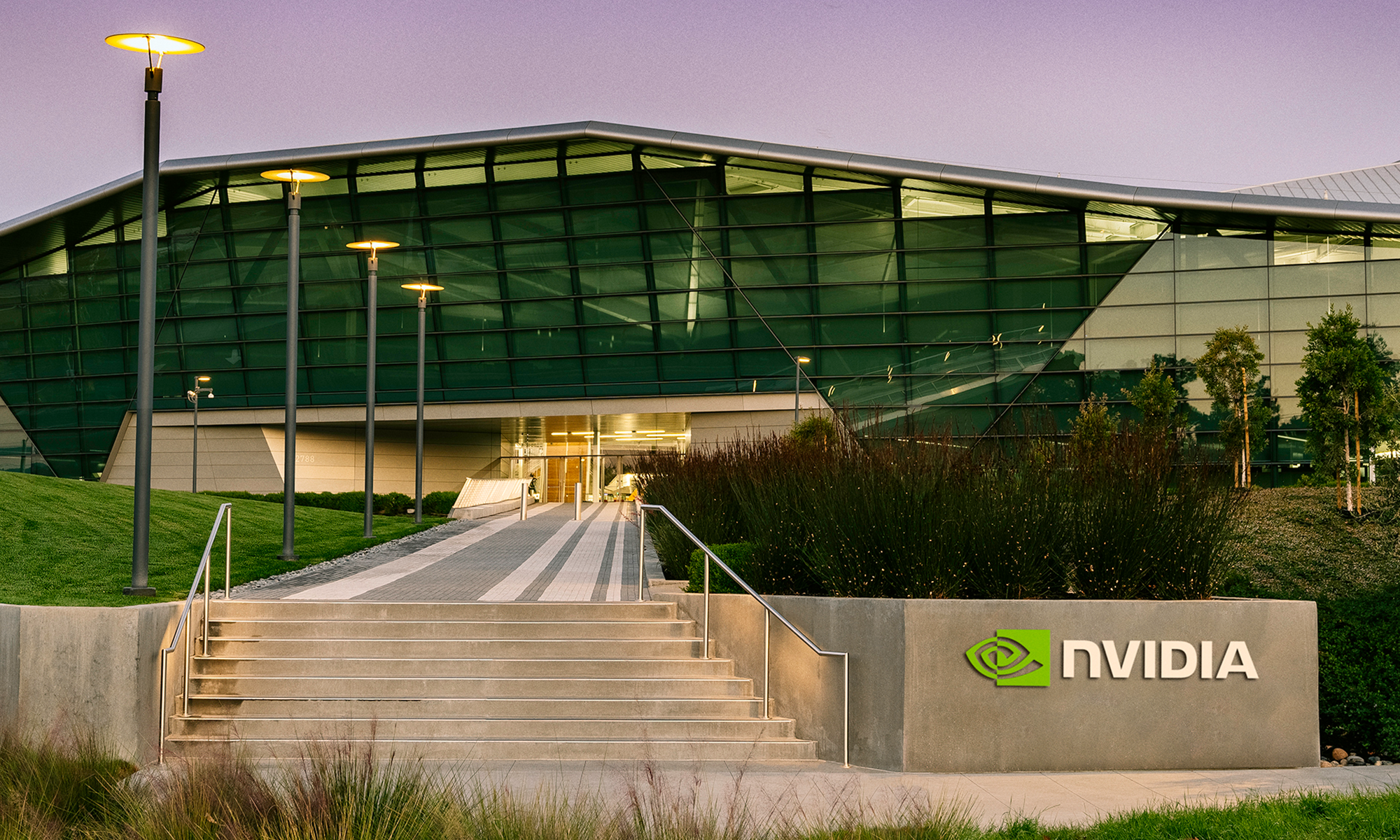Nvidia (NVDA +1.09%) stock has been a fantastic investment. And there are good reasons to believe that shares of the artificial intelligence (AI) technology infrastructure leader will continue to outperform over the long term.
One benefit of owning Nvidia stock that doesn't get enough coverage: When you buy the stock, you also get part ownership in the company's portfolio of AI-focused stocks, those both publicly traded and privately held. It's akin to owning an AI exchange-traded fund (ETF).
Nvidia has recently ramped up its investing activity, and its stock holdings are already large enough to move the needle on its overall financial results.

Image source: Getty Images.
Nvidia owns 6 publicly traded stocks
The below stocks are listed in order of their value in Nvidia's portfolio as of the end the second quarter. Nvidia is listed at the end for reference.
| Company | Core Business | Market Cap | Number of Shares Nvidia Owns / Nvidia's Percentage Stake as of End of Q2* | Value as of End of Q2 | Stock's Year-to-Date 2025 Return |
|---|---|---|---|---|---|
| CoreWeave (CRWV 3.12%) | Operates a graphics processing unit (GPU)-based AI cloud computing platform | $50.3 billion | 24.28 million / 5% | $3.96 billion |
158%** |
| Arm Holdings (ARM 1.15%) | Leading designer and licensor of central processing units (CPUs) | $146.5 billion | 1.10 million / 0.1% | $178.1 million |
12.1% |
| Applied Digital (APLD 6.49%) | Builds and operates GPU-based AI data centers | $4.2 billion | 7.72 million / 2.9% | $77.7 million |
109% |
| Nebius Group (NBIS 3.88%) | Operates a GPU-based AI cloud platform, and has several other operations | $16.3 billion | 1.19 million / 0.5% | $65.9 million |
147% |
| Recursion Pharmaceuticals (RXRX 3.41%) | Clinical-stage biotech using AI for drug discovery and development | $2.0 billion | 7.71 million / 1.8% | $39.0 million |
(30.5%) |
| WeRide (WRD 1.36%) | China-based developer of autonomous driving tech and operator of robotaxis | $2.7 billion |
1.74 million / 0.6% | $13.7 million |
(34%) |
| Total | -- | -- | -- | $4.33 billion | -- |
| Nvidia | AI tech infrastructure leader, including AI chip (GPU) leader | $4.2 trillion | -- | -- | 29.7% |
| S&P 500 | N/A | N/A | N/A | N/A | 10.8% |
Data sources: Nvidia's 13-F SEC filing, Yahoo! Finance, and YCharts. Market cap and stock performance data as of Friday, Aug. 29, 2025. *Calculation by author. **Since initial public offering (IPO) in March 2025.
Are any of the above companies in which Nvidia has a stake profitable?
Most of the companies are not profitable, as most are relatively newly public companies and pouring money into scaling up operations to drive revenue growth.
Arm is the only company that can be considered profitable. For its most recently reported quarter and on a trailing-12-month basis, its net income -- and, hence, "earnings" -- was positive from both a generally accepted accounting principles (GAAP) and adjusted basis.
None of the other companies had positive adjusted net income in their most recently reported quarter. (Nebius had positive GAAP net income but only because of a large accounting gain from "revaluation of investment in equity securities.")

NASDAQ: NVDA
Key Data Points
Nvidia's venture capital (VC) arm owns stakes in 27 privately held startups
Nvidia has a venture capital arm called NVentures, which focuses on investing in AI-related start-ups during their early funding rounds. NVentures aims to make an eventual profit from its investments, so it can be considered one of Nvidia's potential profit streams.
NVentures was formed in 2021, replacing Nvidia's former VC arm. It has been much more active than the former VC entity, and is led by Mohamed ("Sid") Siddeek, who has an impressive VC background.
NVentures' website lists 27 companies as investments, as of Aug. 29. A major trend is the large number of investments in the healthcare sector (13), and specifically in companies using AI for drug discovery and development (nine).
This makes sense because the total addressable market (TAM) for pharmaceuticals is massive. Estimates by various sources peg it at about $1.7 trillion in 2024. Moreover, discovering and developing new drugs is an extremely costly and lengthy process. AI has the potential to cut those costs and speed up time to market.
Nvidia's stock ownership added about $2.2 billion to its fiscal Q2 net income
In its fiscal second quarter (ended July 27), Nvidia's portfolio of AI-focused investments added about $2.2 billion to its net income. This amounts to about 8.5% of its total quarterly adjusted net income of $25.8 billion.
This $2.2 billion gain was only an accounting gain stemming from price changes in its stock holdings over the quarter. An actual cash gain (or loss) occurs when Nvidia sells an investment in part or in entirety. This accounting gain was helped by a strong market (the S&P 500 was up 15.6% over Nvidia's fiscal Q2). However, the sheer size of this gain suggests Nvidia's investing prowess is very good.
Nvidia's active investing can help it identify potential acquisition targets
Beyond the obvious potential benefit to Nvidia's profits, the company's active investing, especially in early stage AI start-ups, has a not-so-obvious benefit: It can help Nvidia identify attractive potential acquisitions. Nvidia might like one of its NVentures companies so much that it could decide to buy it.
In short, there are many reasons to buy Nvidia stock. The icing on the cake is that Nvidia stock investors also get a stake in the many publicly traded and privately held AI stocks that Nvidia owns.











